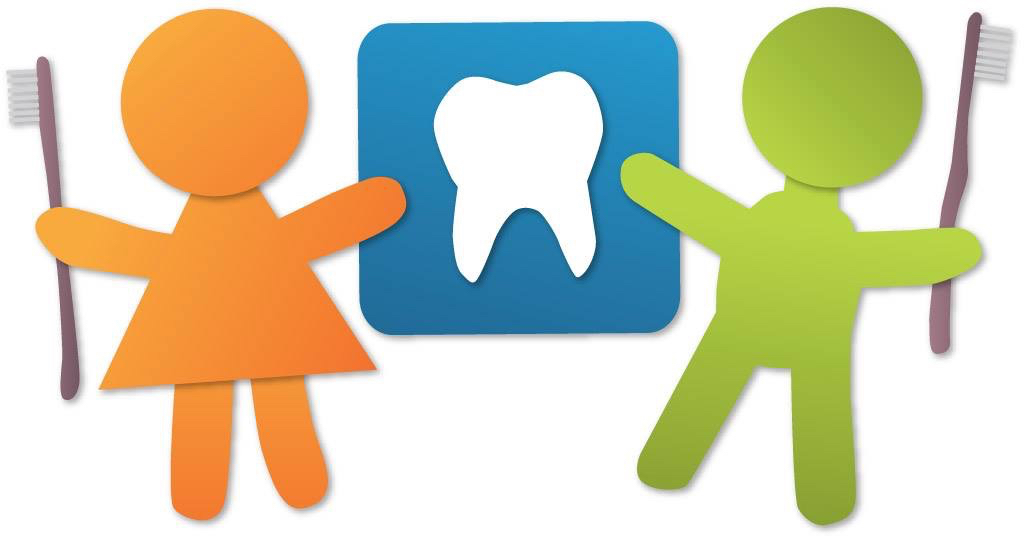How should I prepare my child for the first dental visit?
The first visit to our office can be a very eventful day for your child with lots of new things to look at and experience. Some children are really excited to go to the dentists' office, and others can be intimidated and scared. You can make a big difference in how your child perceives his/her first dental appointment.
We recommend talking to your child about his/her dental appointment in positive terms and using books such as the ones that we recommend on our reading list. Stories can help your child understand what will happen at his/her first visit, but try not to add too many details.
Please avoid talking about your own dental anxiety in front of your child, and please do not let others do so. Children learn like sponges, absorbing everything in the environment around them, including fearful emotions and tension. If your child asks if he/she will be getting a "shot," please tell him/her that you do not know for sure. But be honest in saying that sometimes a tooth may need to be numbed before it can be fixed if it has a cavity. Our Doctors and Staff use words like "sleepy juice" and "tooth medicine." We are especially trained to help alleviate your child's fear and help him/her cope with the dental visit.
The night before: Make sure your child gets a good nights sleep before the this first visit. Early morning appointments are generally better for your very young child, since he/she is less likely to be tired and grumpy. Try and keep any meals very light, preferably sticking to liquids only. This is especially important before an appointment that involves dental treatment.
Doctor Wang, Doctor Perea-Corkish, Doctor Gerodias and the other Doctors of Discovery Pediatric Dentistry make no warranties, expressed or implied, as to any results to be obtained from use of the information on this page. We cannot diagnose or treat patients over the Internet. Information on this site is for educational purposes only. You should not rely on this information as a substitute for personal, medical, and/or dental attention or diagnosis. Without all available information about a patient, it is impossible to make a diagnosis. Help and answers are in the form of general ideas. Only you, your dentist, and other necessary and qualified health care providers can make an appropriate treatment decision in an emergency or for everyday care and dental treatment.
